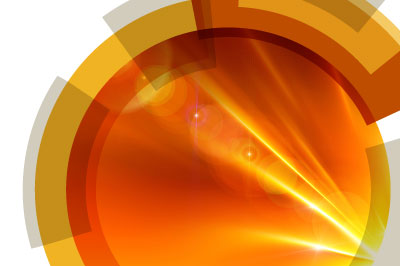Introduction
This free workshop aims to help librarians at UK universities build skills and confidence in supporting chemistry students and researchers.
Vast amounts of chemistry data exist in a wide variety of electronic databases and resources. Access to this data is an important part of many researchers' work, in chemistry and related fields, but many resources are not as widely-used as they could be. Librarians can play a key role in promoting access to chemistry data resources.
It can be difficult to understand and communicate the value of such resources for those without a background in chemistry. This workshop will give you an overview of resources available to UK academics, the background knowledge to understand when and how they offer value to researchers, and hands-on experience using several important resources. By the end of the workshop you will have the confidence to work with these resources and the researchers who use them.
Workshop outline
The workshop will be divided into four sections:
- Introduction to chemistry: Our introductory session is designed for the non-chemist, and assumes no prior knowledge of chemistry. Starting with some definitions of chemistry terms and concepts, we will be looking at how chemical compounds are named, what molecular formulas are, and how to ‘read’ a chemical structure drawing. We will then cover the benefits and drawbacks of using names, formulas and structures as different ways to search for chemical compounds.
- Chemical and physical property data: We will discuss what we mean by 'chemical and physical property data', and why it is important to chemists. Following this we will work through some examples of searching for chemical and physical property data in various important handbooks and databases.
- Spectroscopy: Spectroscopic techniques are an important way for chemists to analyse substances. We will explain how and why spectroscopic data is so useful, and work through some hands-on examples of searching for spectral data.
- Crystallography: Analysing compounds in crystal form is one of the key ways of determining molecular structures. Following an introduction to crystallography, we will work through some hands-on examples of working with crystallographic databases.









